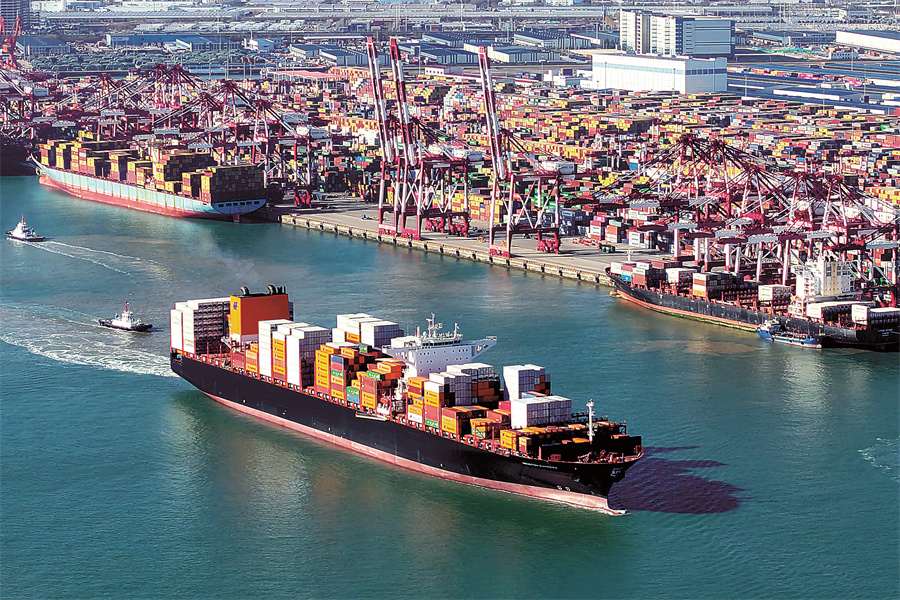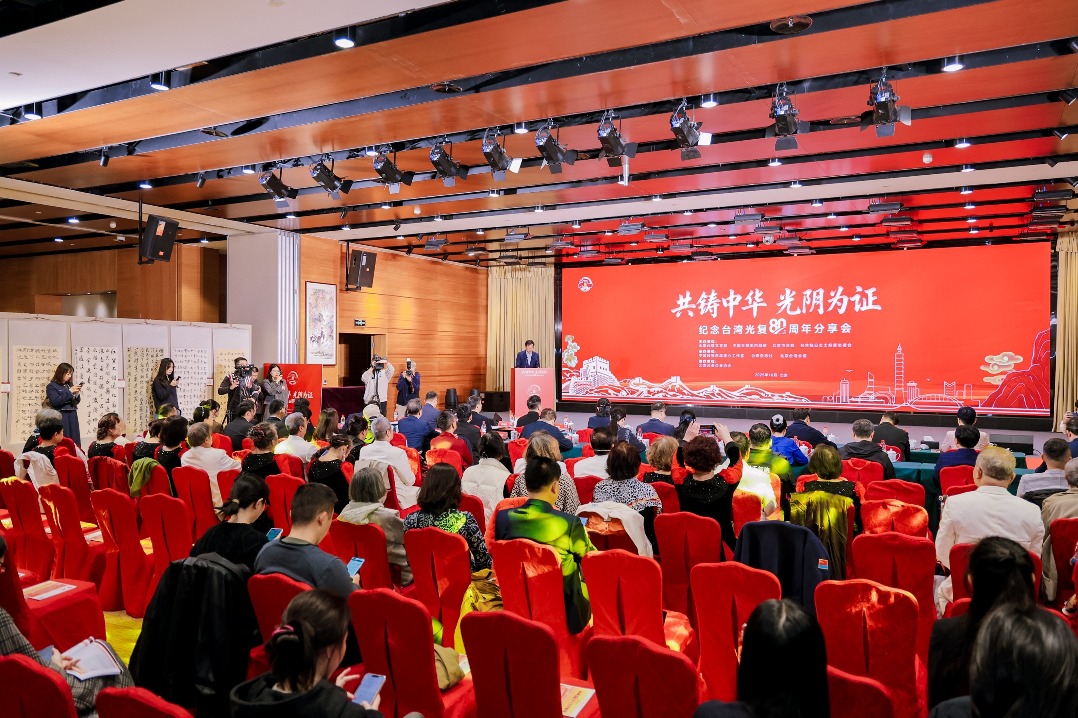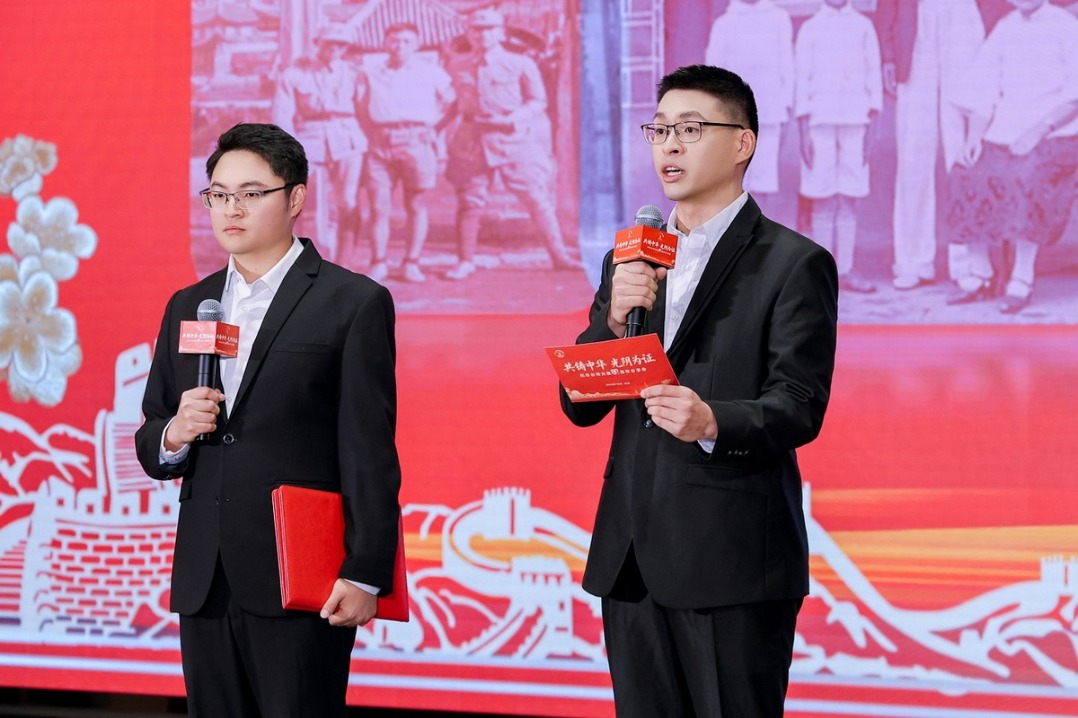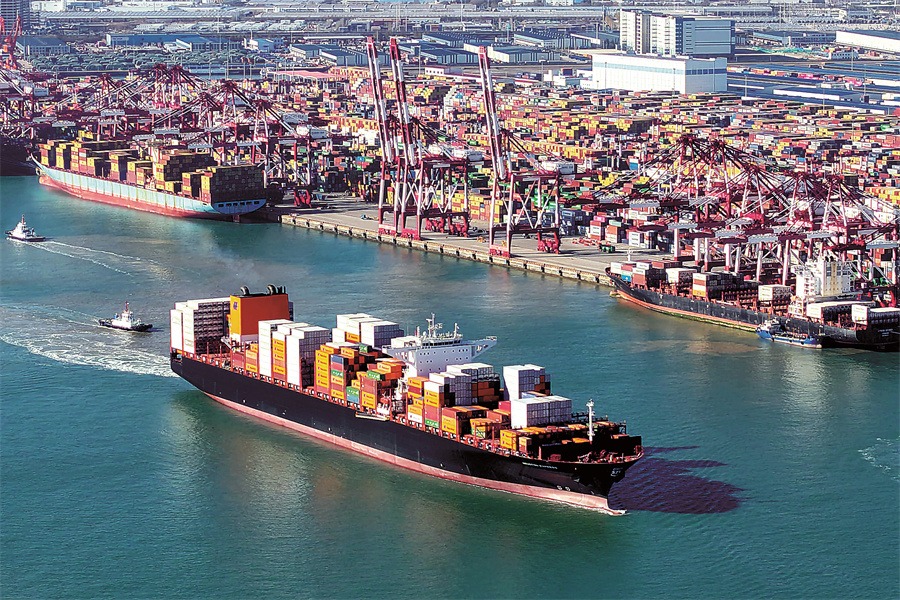Resilience, security, inclusivity priorities for plan


The fourth plenary session of the 20th Central Committee of the Communist Party of China, being held from Monday to Thursday, will review the proposal for the 15th Five-Year Plan (2026-30), the blueprint that will guide China's economic and social development during the next five years.
Given China's growing global role and the domestic challenges that have emerged since 2021 — most notably the mounting challenges triggered by the property downturn since 2021, the 15th Five-Year Plan will matter more than the last plan, because it is intended to steady the ship, set strategic signposts and address structural issues that have emerged recently.
Five-year plans remain a core instrument of governance in China. They allow the leadership to take stock, examine challenges and tasks, set signposts and forge ahead. They embody China's strategic thinking and provide a long-term policy framework that markets and international observers are likely to scrutinize. The 15th Five-Year Plan, in particular, will draw attention given China's global weight: China is the second-largest economy by nominal GDP, the largest economy by purchasing power parity, the largest contributor to global growth, and the top consumer of most major commodities, from grain to electricity.
Many remarkable achievements were made during the 14th Five-Year Plan period (2021-25). China strengthened its industrial and technological capabilities, scaled up its innovation ecosystems and continued to build comprehensive supply chains and infrastructure. These achievements have reinforced competitiveness in advanced manufacturing, digital technologies and life sciences. The issues identified in the 2021-25 period — the property sector's ongoing strains, youth unemployment concerns, and social mobility challenges — underscore the need to take new measures to address them.
These vulnerabilities are likely to shape the 15th Five-Year Plan, which is expected to build resilience, safeguard security and promote inclusivity. There is also a need to focus on advancing tech self-sufficiency through significant investment and industrial policy, particularly in semiconductors, AI and biotechnology.
Geopolitical tensions and export controls have raised the stakes for technological independence. And to promote inclusivity, there is a need to reduce inequality, expand the social safety net and boost households' confidence so that consumption can help increase overall growth.
Concurrently, continued support for technological development — from AI and semiconductors to biotechnology and greener energy systems — is critical to sharpen long-term competitiveness. And focused industrial policy and targeted investment are needed to strengthen capabilities.
Addressing the property sector's weakening will be another priority. The housing market's prolonged correction — since 2021 — has strained the balance sheets of developers, financial institutions and households alike.
During this transition to the new economy, the old economy will remain a pillar of growth. Beijing may increase its efforts to resolve the debt issues in the property market, end deflation and improve its fiscal system. To support consumption, Beijing may make substantial efforts to revamp the social welfare system, especially pensions, to redistribute economic gains.
Pension reform will be key to inclusive growth. Reforms to the social-security system — including large increases in basic pension payments to low-income households and increased subsidies for basic medical insurance — would be the most effective long-term policies to bolster consumption and reduce inequality. Narrowing inequality could also deliver social stability, which is important for steady economic growth.
The authorities will need to assess trade-offs realistically: Beijing is likely to press ahead with tech self-sufficiency and measures to safeguard national security, even though this focus on self-sufficiency may impact efficiency to some degree.
Externally, the plan will be watched closely as it frames China's strategic thinking at a time of rising geopolitical tensions; domestically, the 15th Five-Year Plan will need to reconcile the property sector repercussions and other structural challenges with the aim of delivering resilient, stable and inclusive growth.
In short, the 15th Five-Year Plan is likely to be less about headline growth and more about pursuing resilience, security and inclusivity.
The author is chief China economist at Nomura. The views don't necessarily represent those of China Daily.
If you have a specific expertise, or would like to share your thought about our stories, then send us your writings at opinion@chinadaily.com.cn, and comment@chinadaily.com.cn.
































